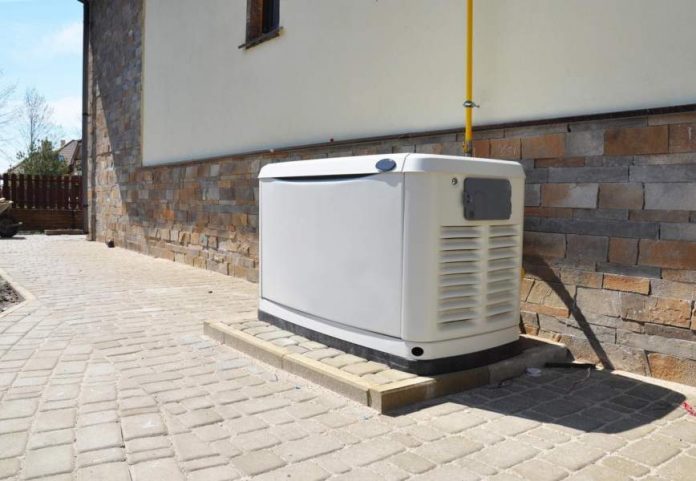It’s storming outside but you’re not thinking much about it. Suddenly there’s a flash, a boom, and the lights flicker — and go out.
Oh no. The power is out. No TV, no stove, and no way to charge electronics. What are you going to do?
If you have a home generator, you’re going to have power! However, you need to make sure you prepare ahead of time and have the right one. What are the types of home generators? Here’s what you need to know.
Portable Home Generators
The first thing many homeowners think of when they consider a generator is a portable unit. These home generators provide short-term power for a few limited appliances or tools. For instance, you can use a portable generator to charge a phone or other small devices.
If you choose a powerful enough portable generator, you can even power appliances like a refrigerator, freezer, air conditioner, or sump pump. Keep in mind that you need to keep these types of generators outside and run them safely.
Portable generators are less expensive than other options, making them a good choice for any family.
Inverter Generators
Inverter generators get their name from the way they turn AC power and convert it into DC power. DC power is storable, so this kind of generator is very convenient. The engine will throttle up or down spending on how much power you’re using, so you won’t need as much gas, either.
An inverter generator has lower emissions and is quieter than a portable generator. However, it should still be run outdoors with the exhaust directed away from your home.
Inverter models are more expensive than the usual gasoline generators, but they have advantages as well.
Home Standby Generators
A standby generator is the most expensive option but it’s also the most reliable and powerful. If you want to just wait a few seconds after an outage and have your power restored automatically, you need a standby generator.
The best thing about a standby generator is that it automatically powers your entire home. You don’t have to worry about having enough gasoline on hand, either. Most of these units are connected directly to natural gas lines, ensuring they are ready to go when you need them.
Choose Between Types of Home Generators
What’s the best generator for a home? Only you can decide. You’ll need to look at your power needs and the likelihood of an outage in your area.
To avoid any interruptions and to stay comfortable in every situation, consider a standby home generator. For smaller needs, you might be able to use a portable gas generator or an inverter generator.
Whichever you choose, you’ll be much more prepared for emergencies. For peace of mind, you should also make sure that your generator is maintained and fitted properly by a professional and experienced company, like Platinum Electrical Contractors.
If you’re looking for more tips and home advice, check out the rest of our blog today!



































































